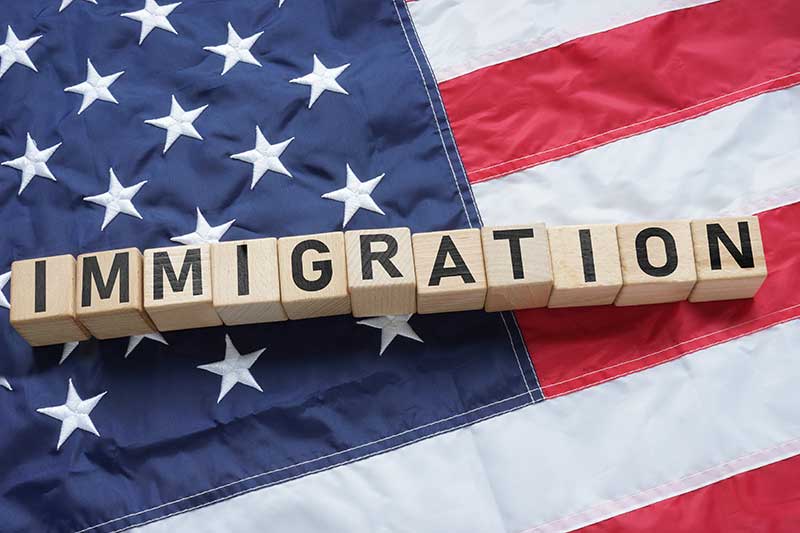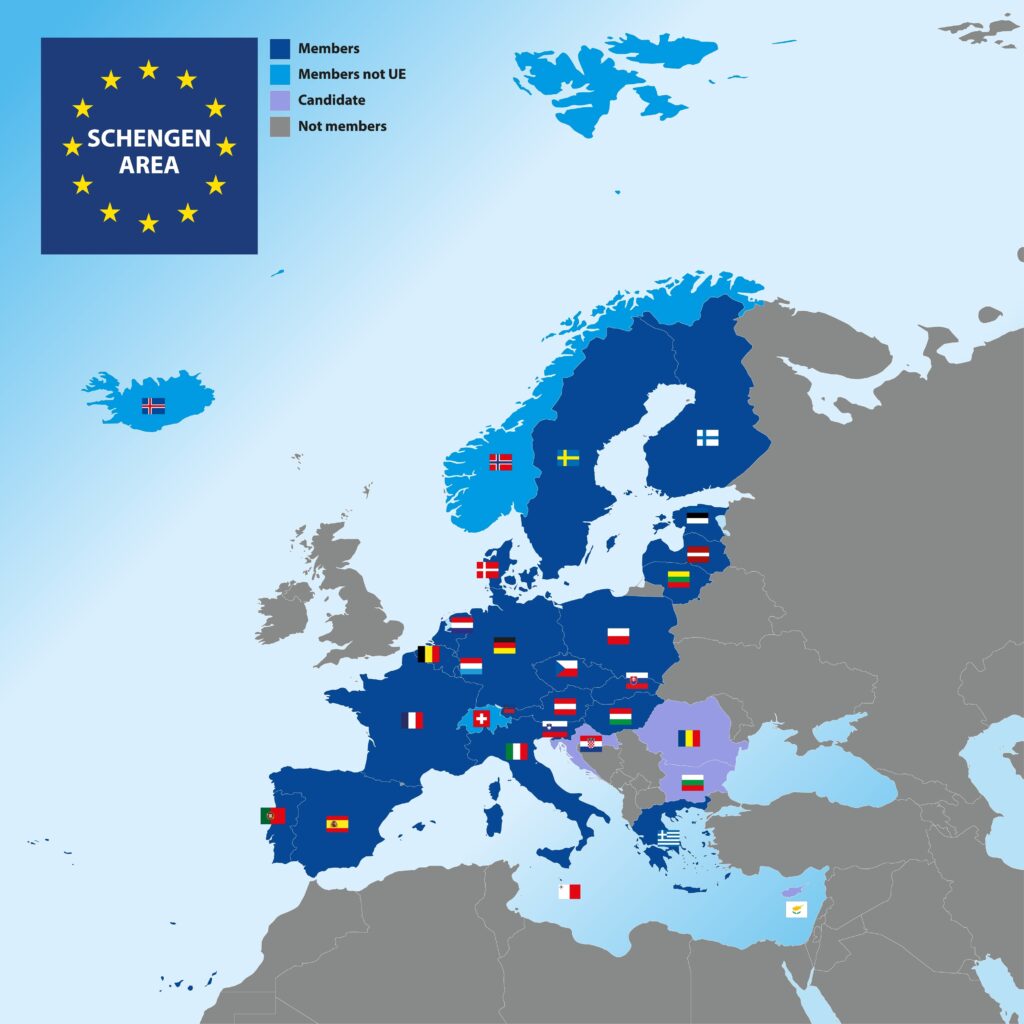By Christine Stenner, Attorney (Germany) at Stenner Law| Foreign Legal Consultant (PA) | September 7, 2025
Restoring Justice and Family History
For decades, German nationality law discriminated against women. Until 1975, German mothers could not pass on their citizenship to their children if they were married to a foreigner. Many German women who married American soldiers after World War II and settled in the United States were directly affected by this legal barrier. Their children, though born to German mothers, were excluded from German citizenship simply because of gender discrimination.
Today, there is finally a path to correct this injustice. If your mother was German, you now have a unique opportunity to declare yourself German under current law. This opportunity, however, is time-limited — it will only remain available until August 19, 2031.
Who Qualifies?
To qualify under this law, two main conditions must be met:
- Date of Birth
- You (the child affected by gender discrimination) must have been born after May 23, 1949, the date the Federal Republic of Germany was established.
- If you were born before this date, you were still affected by discrimination, but unfortunately current German law does not provide a remedy.
- Mother’s Citizenship Status
- At the time of your birth, your mother must have still been German and not yet naturalized as an American citizen.
Required Documents
To prove eligibility, applicants generally need to submit:
- Your birth certificate
- Mother’s birth certificate
- Mother’s parents’ birth certificates or German passports (to prove she was German)
- Mother’s marriage certificate (to prove she married a foreigner)
- Mother’s U.S. naturalization certificate (to prove she was still a German citizen)
⚠️ Important: A German birth certificate alone does not prove citizenship. Therefore, additional documents such as parent’s German birth certificates, passports, or naturalization certificates are usually required to confirm German citizenship.
How Stenner Law Can Help
At Stenner Law, we guide clients through every step of this process:
- Reviewing your family’s documents,
- Identifying gaps in proof and applying for German birth or marriage certificates on your behalf,
- Preparing and filing the necessary application forms, and
- Communicating directly with German authorities on your behalf.
Frequently Asked Questions
- Can I apply if I was born before May 23, 1949?
No. Even though many were affected by gender discrimination, the law only applies to those born after May 23, 1949. - Does a German birth certificate prove citizenship?
Not by itself. A German birth certificate proves birth in Germany, but not nationality. You must provide additional evidence such as German passports, naturalization records, or your mother’s German parents’ certificates. - What if my mother became an American citizen after I was born?
That’s acceptable. What matters is that your mother was still German at the time of your birth. - Until April 1, 1953, German women lost their citizenship upon marrying a foreigner. How does this affect my case?
It’s true that German women historically lost citizenship when marrying foreigners. However, this does not affect German-American cases, because the United States did notautomatically grant citizenship upon marriage. Instead, naturalization was a separate process. Without automatic U.S. citizenship, German women would have otherwise become stateless — something German law sought to prevent.
Next Steps
If your mother was German and you believe you may qualify, we encourage you to book a consultation. We will evaluate your documents and give you a clear answer on your eligibility.



